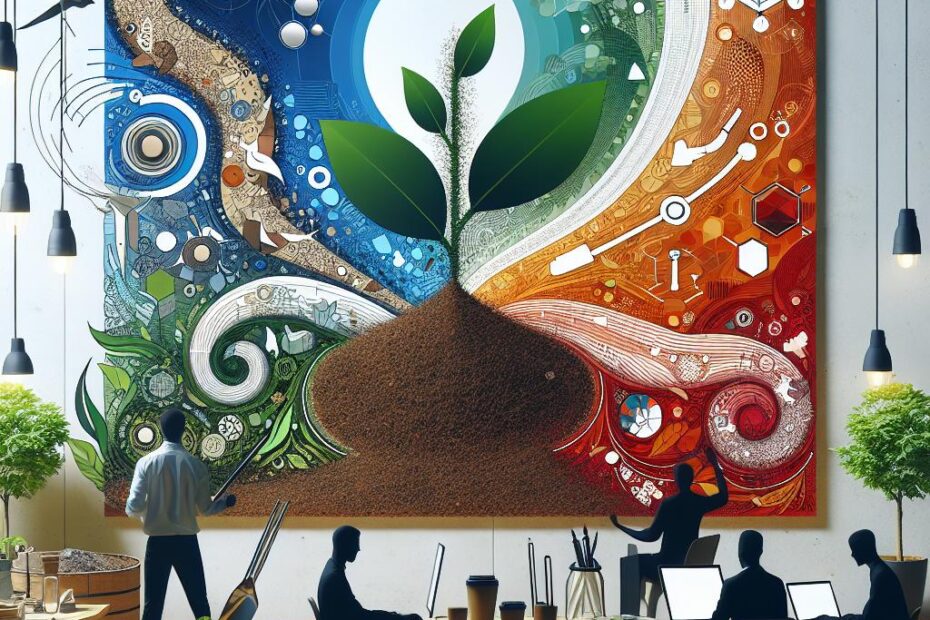Title: Why Peat Free Compost is the Sustainable Choice for Your Garden
Introduction:
When it comes to gardening, choosing the right compost is crucial for the health of your plants and the environment. Peat has traditionally been a popular component in many compost mixes, but its extraction can have harmful effects on peatlands and the environment as a whole. In recent years, the movement towards peat free compost has been gaining momentum as gardeners become more aware of the benefits of sustainable gardening practices. In this article, we will explore why peat free compost is the better choice for your garden, the environment, and future generations.
Benefits of Peat Free Compost:
-
Sustainability: Peat bogs are valuable ecosystems that store vast amounts of carbon and provide important habitats for wildlife. The extraction of peat for compost releases this stored carbon into the atmosphere, contributing to climate change. By choosing peat free compost, you are helping to preserve these vital ecosystems and reduce greenhouse gas emissions.
-
Nutrient-Rich: Peat free composts are often made from a blend of recycled green waste, wood fibre, and other organic materials. These composts are rich in nutrients and help to improve soil structure, leading to healthier plants and improved yields in your garden.
-
Reduce Waste: Using peat free compost helps to reduce the amount of organic waste sent to landfill. By recycling garden and kitchen waste into compost, you are closing the loop on the nutrient cycle and reducing your environmental impact.
-
Water Retention: Peat free composts have excellent water retention properties, reducing the need for frequent watering in your garden. This can save you time and money, while also conserving water resources.
-
Biodiversity: Peatlands are important habitats for a variety of plant and animal species. By choosing peat free compost, you are supporting biodiversity and helping to protect these valuable ecosystems for future generations.
Practical Tips for Using Peat Free Compost:
-
Choose a reputable brand: Look for peat free composts that are certified by organizations such as the Soil Association or the Peat Free Compost Certification Scheme. These certifications ensure that the compost is made from sustainable and environmentally friendly materials.
-
Mix with garden soil: When using peat free compost, it’s important to mix it thoroughly with your existing garden soil to ensure even distribution of nutrients.
-
Mulch regularly: Adding a layer of peat free compost as mulch around your plants can help to retain moisture, suppress weeds, and improve soil health.
Case Study:
Title: The Benefits of Peat Free Compost in Community Gardens
In a recent study conducted by the National Gardening Association, a community garden in Portland, Oregon, switched to using peat free compost for all their planting beds. The results were remarkable, with a significant increase in plant growth and overall garden health. The gardeners reported that the peat free compost retained moisture better than traditional peat-based compost, reducing the need for watering and improving crop yields. The community garden has since become a model for sustainable gardening practices in the area, inspiring other gardening groups to make the switch to peat free compost.
Conclusion:
In conclusion, choosing peat free compost for your garden is not only a sustainable choice, but also a practical one. By using composts made from recycled organic materials, you can improve soil health, reduce waste, and support biodiversity. With the increasing popularity of peat free composts, there are now a wide variety of options available to suit every gardener’s needs. So next time you’re stocking up on compost for your garden, consider making the switch to peat free and do your part to protect the environment for future generations.
